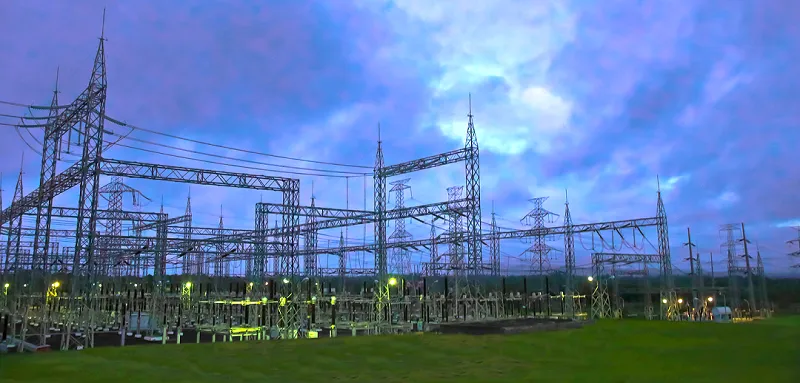
Philippine regulators tested by woes over State Grid Corp's stake in grid utility
The grid utility rejected inspections since 2017 even as operations are to be controlled by the Philippine government.
The Philippines is one of the first Asian markets to encourage foreign investment in independent power producers (IPP) due to regulatory support, but this may be due for a test if recent disclosures about the lack of oversight of the State Grid Corporation of China’s (SGCC’s) investment in the National Grid Corp of the Philippines (NGCP) prove to be correct, according to analysis by the Institute for Energy Economics and Financial Analysis (IEEFA).
The Philippines’ Senate started a hearing on the SGCC’s 25-year concession over a 40% stake in NGCP amidst national security concerns. As a result of increased military tensions in the South China Sea, the government decided in 2015 that although SGCC would be allowed to remain a 40% shareholder in NGCP, operational control of NGCP would be returned to Filipino hands.
But according to energy secretary Alfonso Cusi, NGCP has rebuffed inspections since 2017. Sara Ahmed, financial analyst at IEEFA, said, “The hearing is timely as the energy market is evolving and requires more system flexibility and network reliability.”
Ahmed highlighted some points raised during the hearing including the implications of grid governance for energy security and affordability. “Most Southeast Asian markets leave incumbent national players and investment in generation capacity to drive grid design. This can mean that renewable energy is not prioritized but inflexible baseload thermal power is,” she said.
“This is the case in the Philippine island of Luzon, where there is an excess of coal plant capacity, causing unstable supply. This factor has implications for energy security and affordability because the Philippines is now dependent on a baseload-heavy strategy that requires generators to import 75% of their coal needs,” Ahmed added.
As hacking of infrastructure stands to be a sensitive issue related to outages, Chinese players will also be under pressure to show that their technology can handle cyber risks and that their digital technology does not have vulnerabilities could put sensitive system information in the wrong hands. “If they cannot be transparent in their operations, as the Senate Committee on Energy has requested, their market opportunities will come under the same pressure as Huawei, the Chinese electronics giant,” Ahmed said.
On the upside, increasing governance and conducting a grid audit sets an example for other regional markets. Ahmed commented, “The Philippines market has more oversight, both regulatory and legal, than its Southeast Asian neighbors Indonesia or Vietnam. That makes this case noteworthy.”
“The Philippine government’s ability to call for increased governance, and its ability to conduct a transparent audit to ensure that the grid is suited to enable a secure, flexible and least-cost system, will be an important reference case for other regional markets that have turned to government-backed Asian companies for investment in infrastructure,” she added.
What is learned at the next hearing on the operations of the national power transmission grid by will be key to determining whether the Philippines has genuine control of the grid, Ahmed said.



















 Advertise
Advertise





